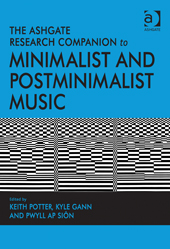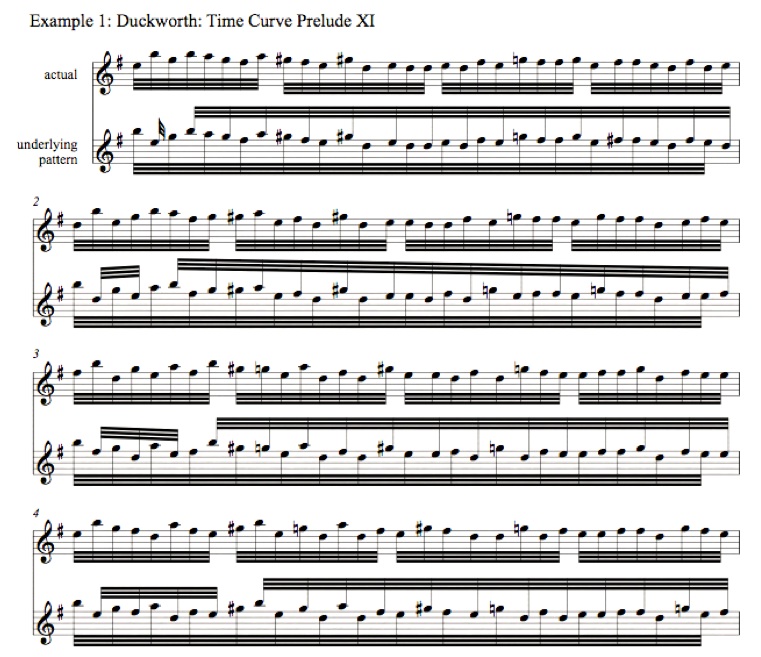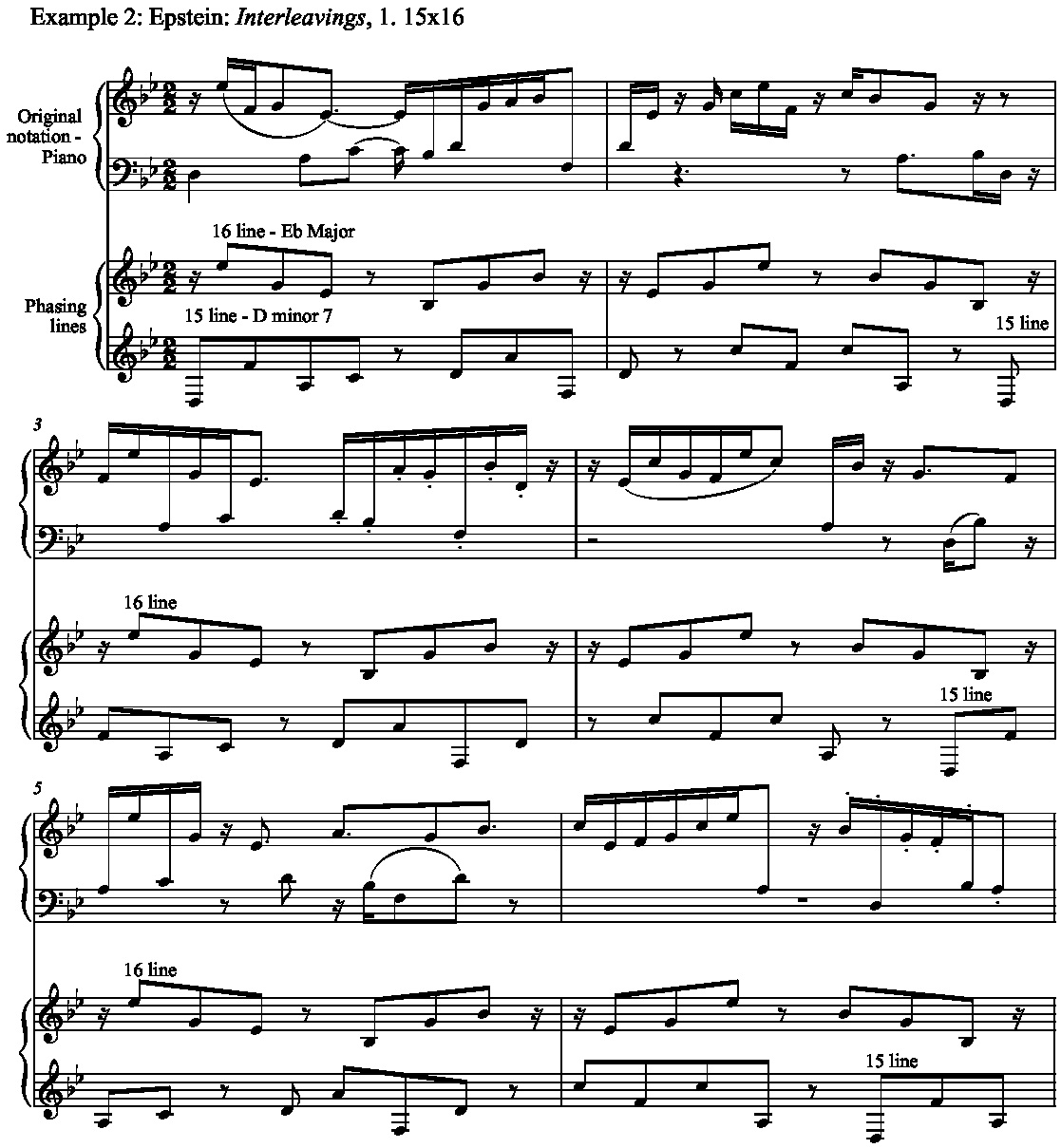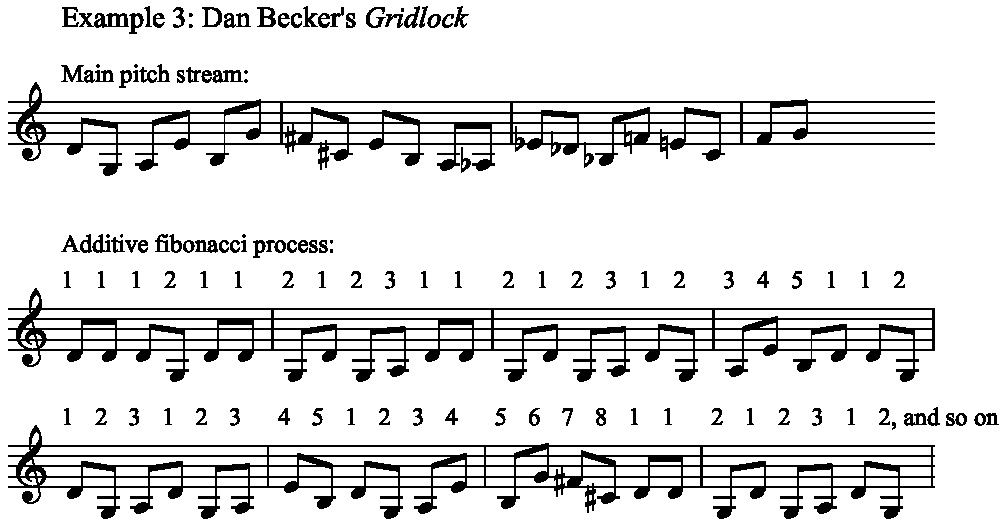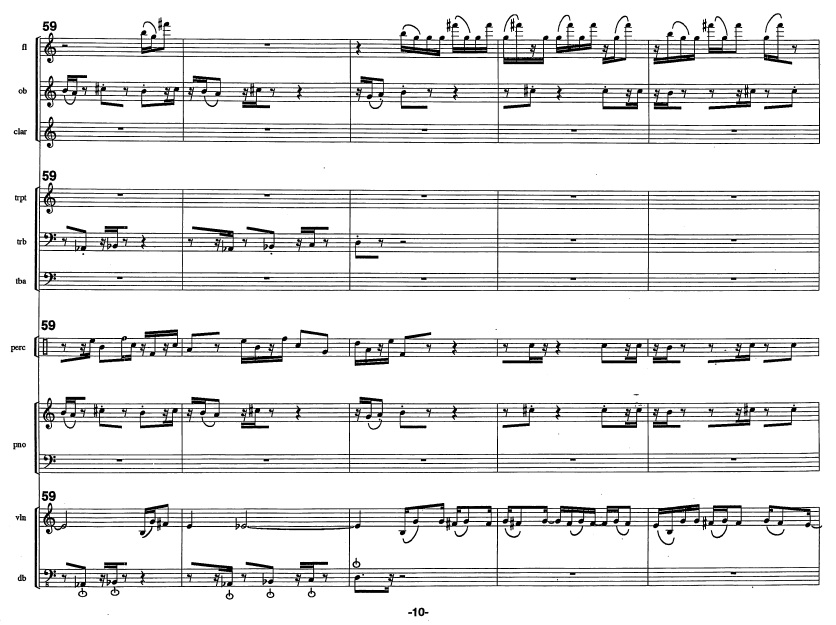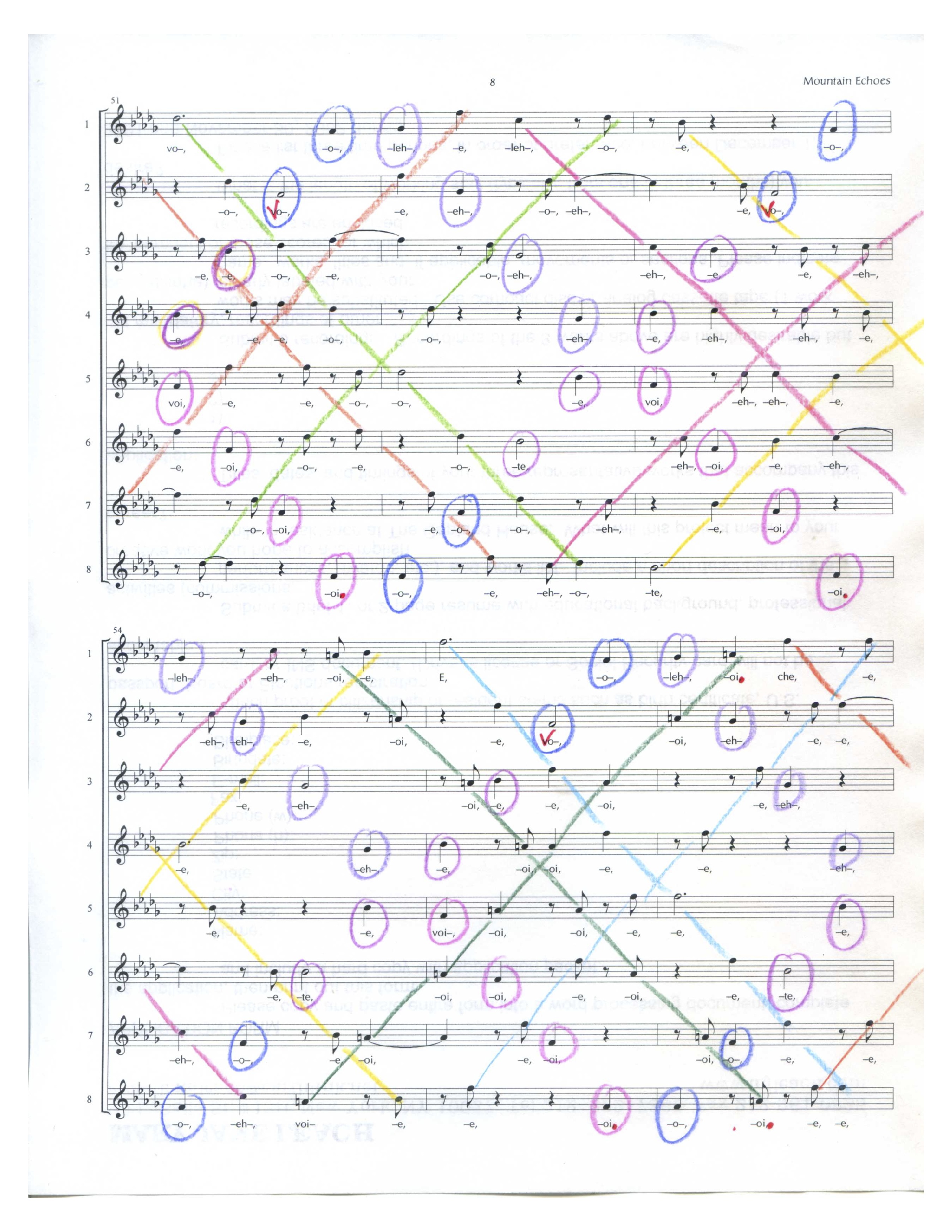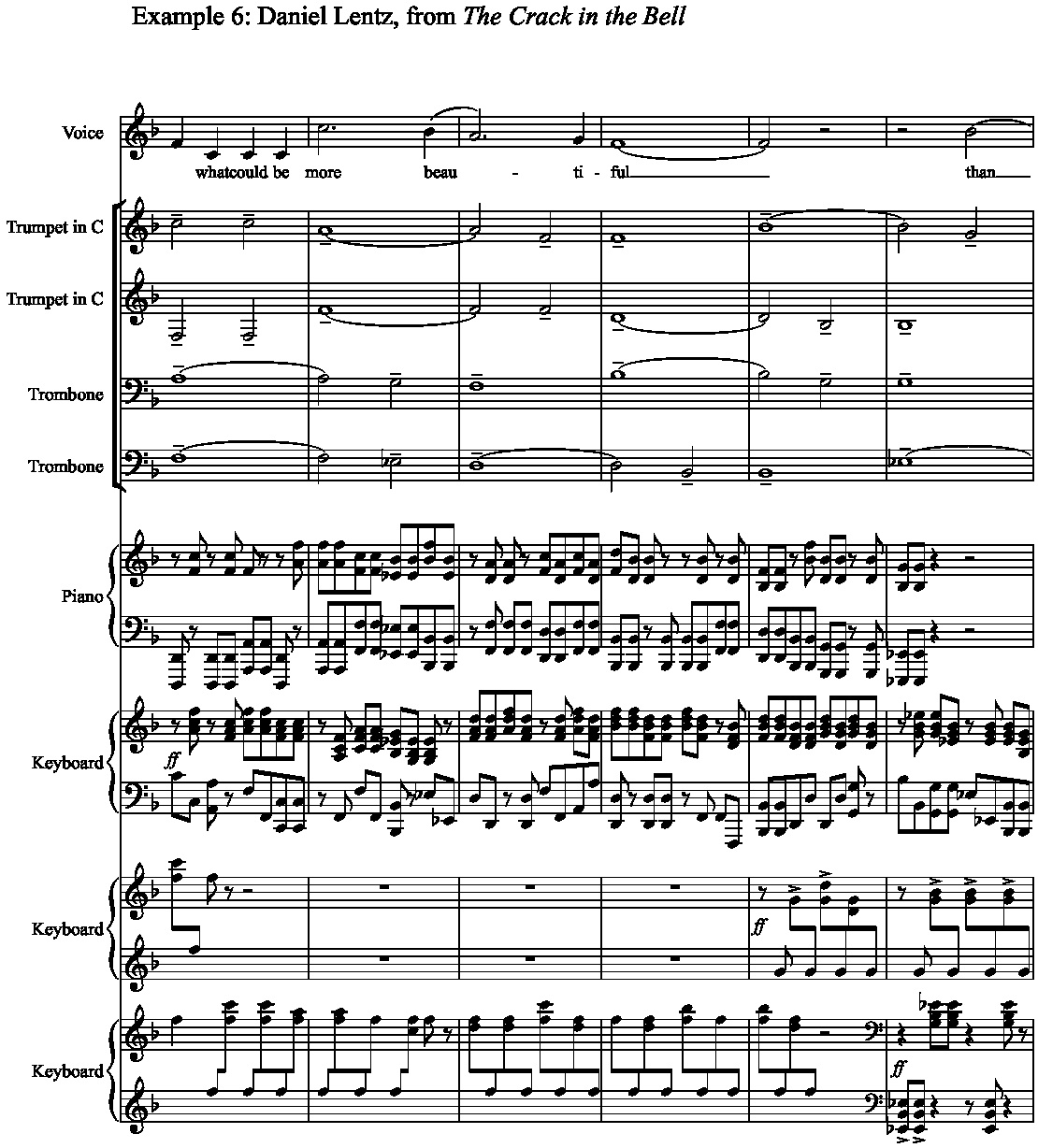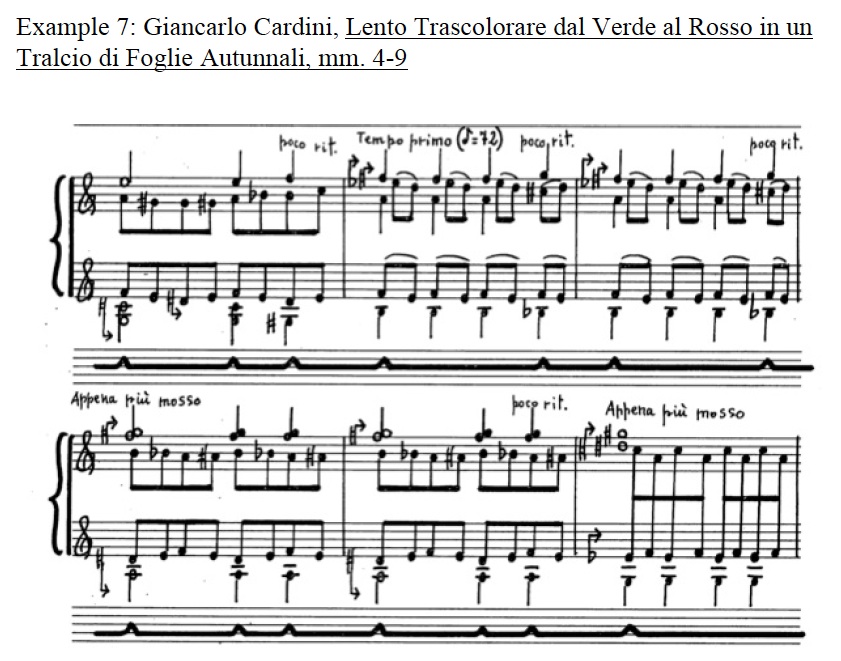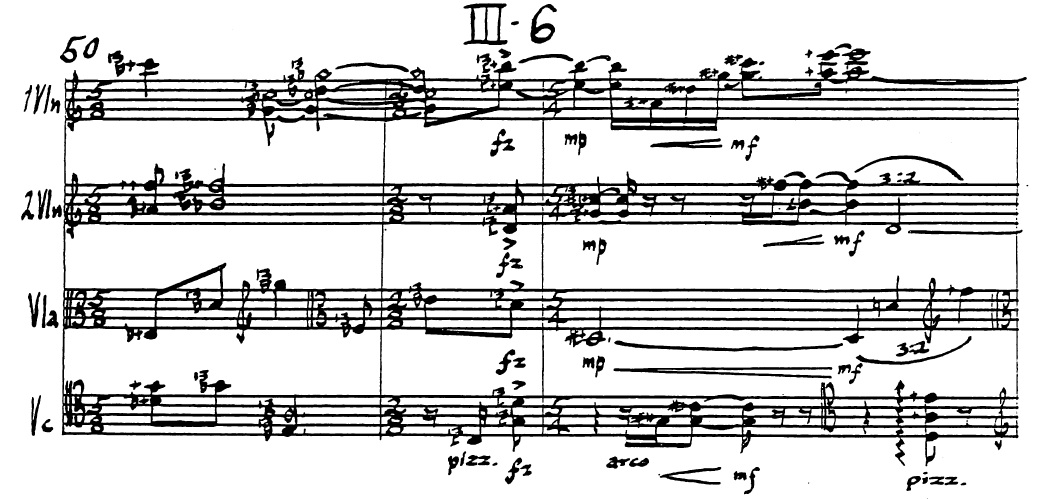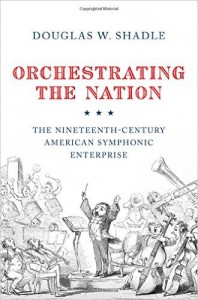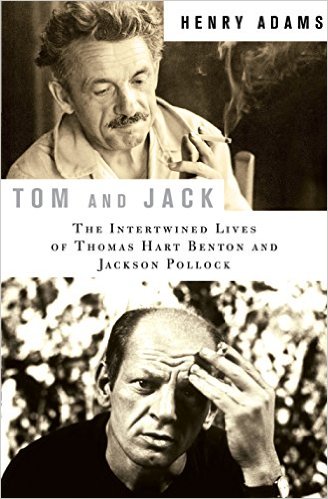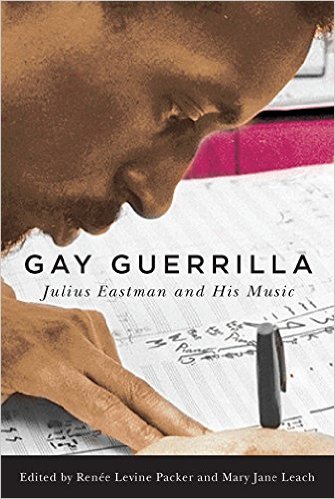 I have just received my own copy of the new book about Julius Eastman: Gay Guerrilla, edited by Renée Levine Packer and Mary Jane Leach. I’m afraid my own contribution to it is a little perfunctory, probably containing nothing that you haven’t already read in my blog or in the liner notes to the New World CD. I had attempted to do some musical analysis and then found I was crowding someone else’s territory, and so retreated into my moment of fame as the author of Julius’s obituary. But Renée’s biographical chapter, which she gave a presentation on in October, is quite extraordinary. Most importantly, who would have believed, in 1990, that in twenty-five years there would be a book out about our brilliant friend who had disappeared so mysteriously?
I have just received my own copy of the new book about Julius Eastman: Gay Guerrilla, edited by Renée Levine Packer and Mary Jane Leach. I’m afraid my own contribution to it is a little perfunctory, probably containing nothing that you haven’t already read in my blog or in the liner notes to the New World CD. I had attempted to do some musical analysis and then found I was crowding someone else’s territory, and so retreated into my moment of fame as the author of Julius’s obituary. But Renée’s biographical chapter, which she gave a presentation on in October, is quite extraordinary. Most importantly, who would have believed, in 1990, that in twenty-five years there would be a book out about our brilliant friend who had disappeared so mysteriously?
I had mentioned that in October I attended a symposium about Julius in Philadelphia, but the ensuing weeks were too busy for me to write about it. Dustin Hurt, director of the organization Bowerbird, wants to present a festival of Julius’s music, as he has presented festivals devoted to Cage and Feldman in the past. But Julius is not someone you spring on an unsuspecting public unprepared: how do you warn a wide audience that you’re performing pieces with titles like Crazy Nigger, Evil Nigger, and Dirty Nigger, and that they are not what you might think at first? And so Dustin had the remarkable idea of bringing three of Julius’s friends – me, Mary Jane, and Renée – plus Eastman scholar Ryan Dohoney, together with about a dozen African-American artists and scholars from the Philadelphia area, to see, in short, how we should go about marketing a Julius festival without raising alarms and stoking resistance. The two days full of frank discussion we shared were sharply enlightening. All the artists and scholars, almost none of whom had heard of Julius before, were enthusiastic and on board, but understandably wary about presentation. As one young woman said, “This is the first time I’ve ever sat in a room with white people casually using the word ‘nigger’ before, and it’s kind of creeping me out.” (So I switched to calling the pieces CN and EN.) We even had two BDSM experts ready to discuss, in detail, Julius’s role-playing activities in that underworld – which was starting to creep me out.
The upshot seems to be that the festival will go forward in a year or two, with plenty of mediation by community leaders in the area. It struck me, by the end, that Julius Eastman was a little parallel to Erik Satie, someone that the classical music world was never going to figure out how to deal with. And then I started thinking about all the other composers the classical music world doesn’t know how to deal with, and realized that one doesn’t have to be very much of a deviant to get the classical music world all befuddled.

